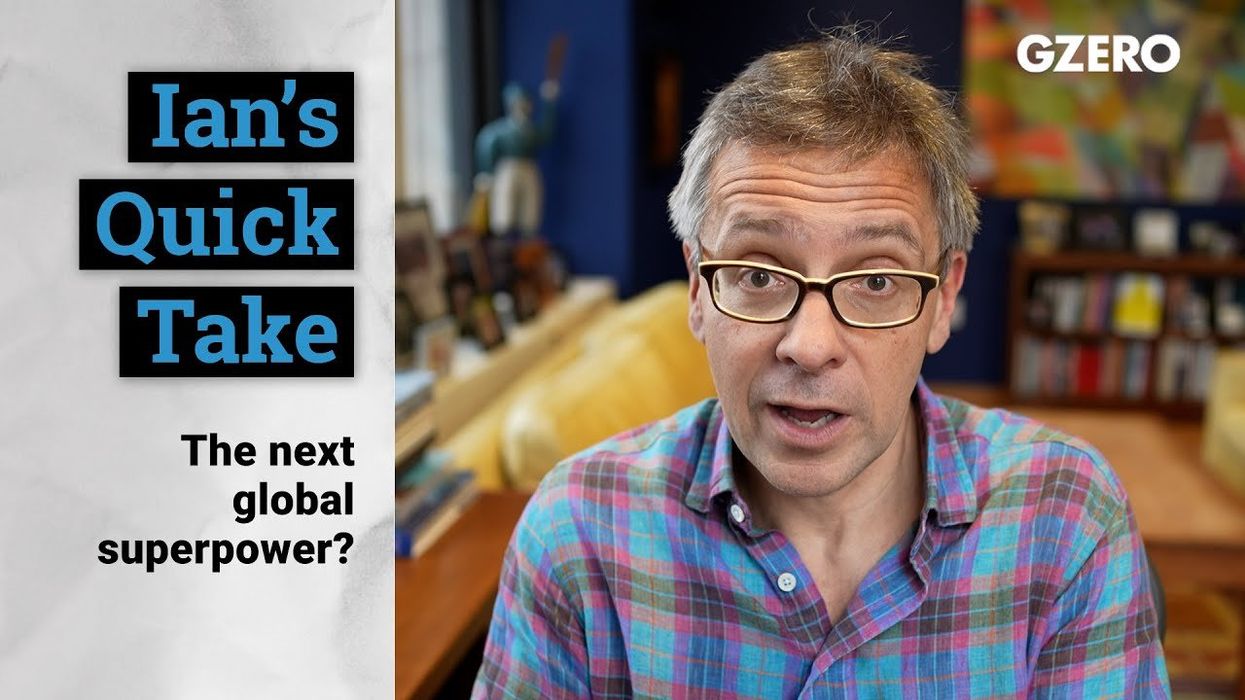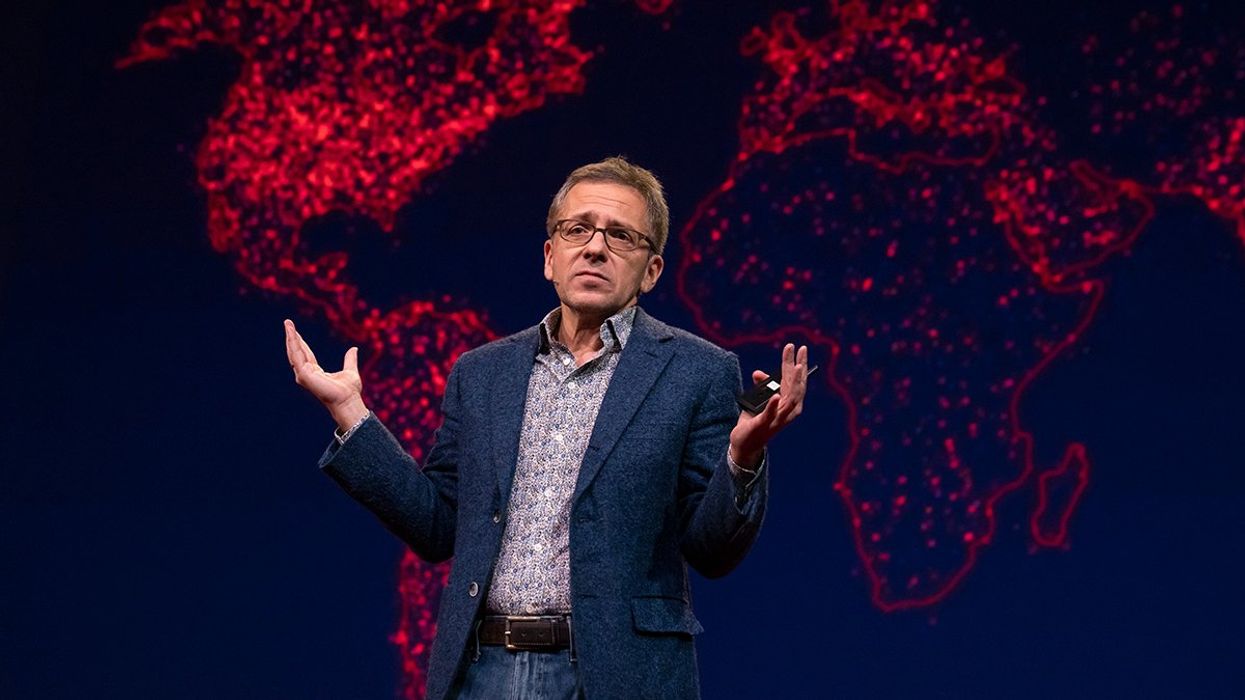Quick Take
The next global superpower?
Ian Bremmer's Quick Take: What happens after the GZERO? Who is the next global superpower? Do the Americans come back? Is it the Chinese century? No, it's none of the above. We don't have superpowers anymore. And that's what the talk is all about.
Jun 14, 2023


